Month: March 2015
-
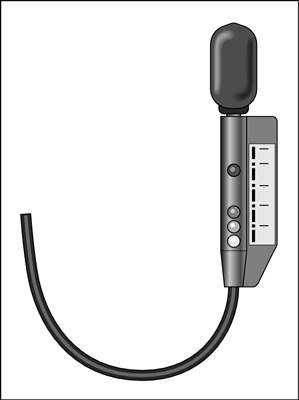
How to Test the Quality of Your Engine Coolant/Antifreeze
The coolant in your vehicle should be changed if you haven’t changed it in a year or in the past 20,000 miles; if your vehicle constantly loses liquid in the system and overheats easily; or if you’ve frequently added plain water to your cooling system to the point where it’s probably lowered the proportion of…
-

How to Test the Fuel Gauge to See If It Is Working
There are two main components to the fuel gauge system: the sender unit that measures the amount of fuel in the tank, and the gauge itself that displays the amount of fuel to the driver. When the gauge, the sender unit, or the required wiring between them do not function correctly, the fuel gauge may…
-
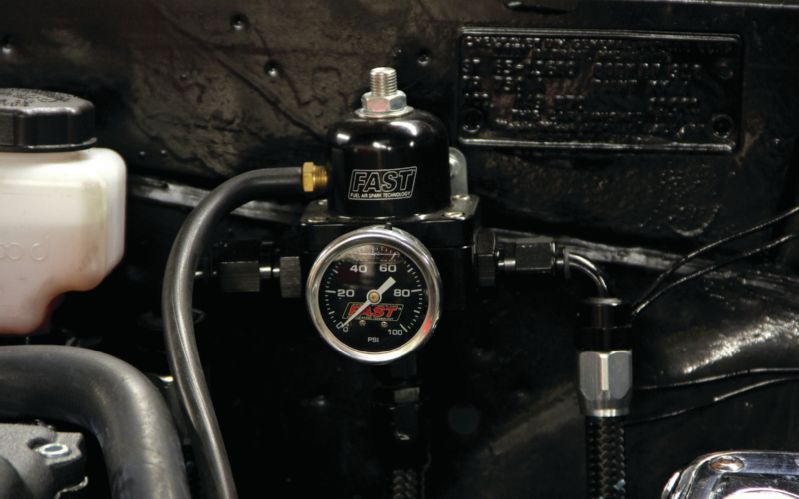
How to Test Fuel Pressure Regulators
Fuel pressure regulators are critical to proper performance of any vehicle engine. If it is not functioning correctly, the regulator will make a vehicle run hot, blow smoke, experience poor mileage and use excessive amounts of oil. Fuel pressure regulators are responsible for prescribing the correct amount of fuel the injection system directs to the…
-
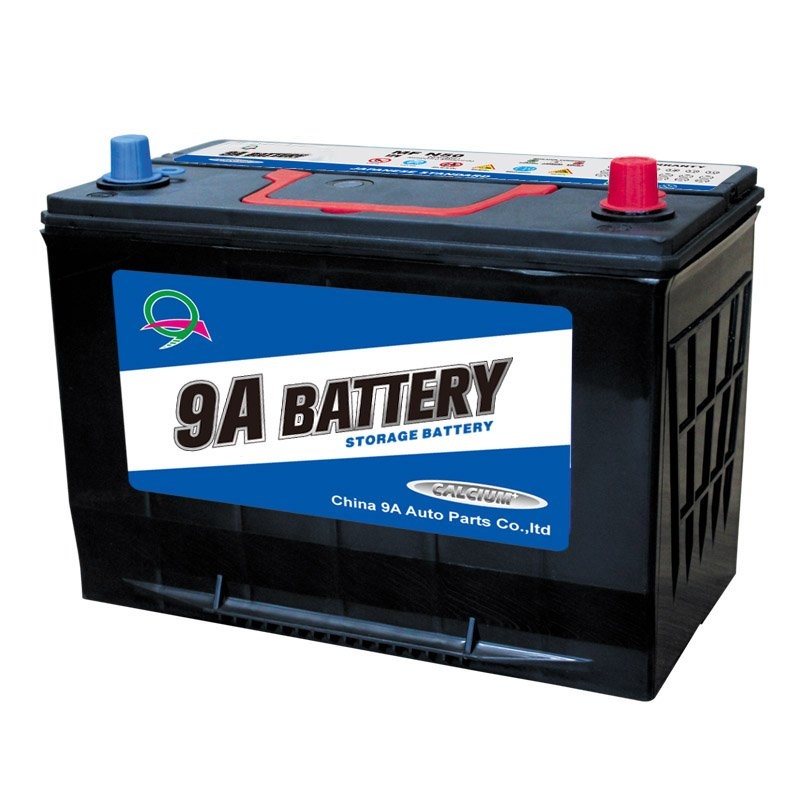
How to Test a Lead Acid Battery
Lead acid batteries have been around for a hundred years and are primarily used in automobiles. These batteries are made up of stacked lead and lead oxide plates. The plates are surrounded by an electrolyte solution. The make-up of the solution is 35 percent sulfuric acid and 65 percent water. You can test some lead…
-
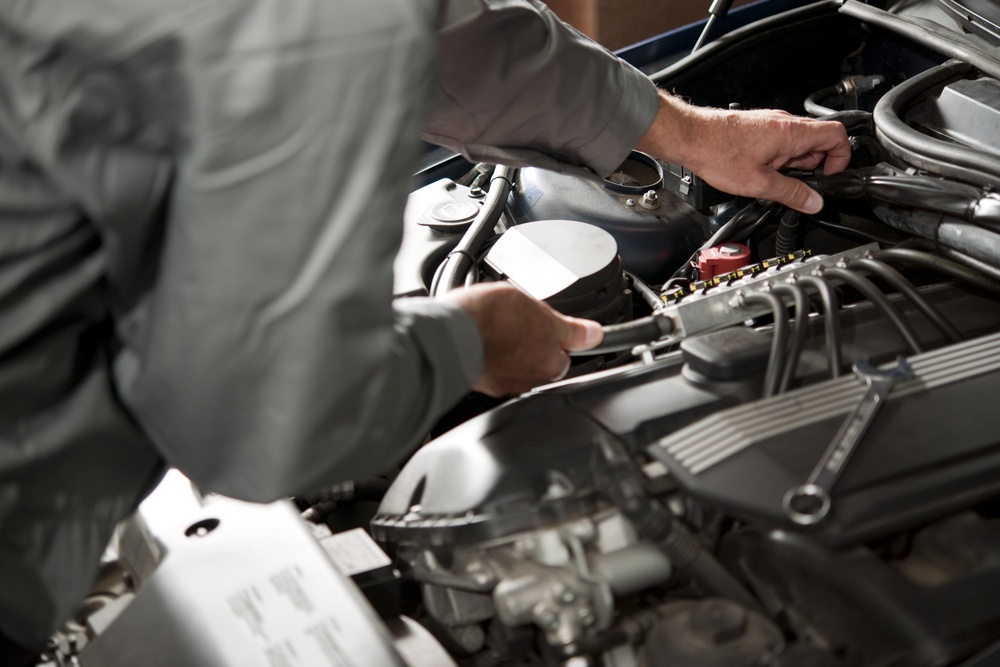
How to Tell Whether your Vehicle Needs a Tune-up
Tune-up intervals vary from one vehicle to another. Older vehicles with non-electronic ignitions should be tuned every 10,000 to 12,000 miles or every year, whichever comes first. Newer cars with electronic ignition and fuel injection systems are scheduled to go from 25,000 miles to as many as 100,000 miles without needing a major tune-up. Refer…
-
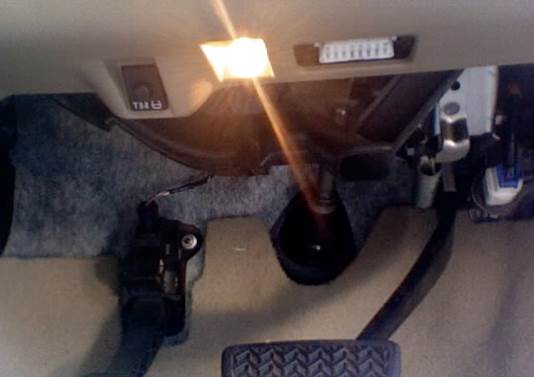
How to Tell If You Have a Faulty Throttle Position Sensor
Learn the eight telltale symptoms of a defective throttle position sensor, and how to test it. The throttle position sensor in your engine transmits information about the position of your throttle to the electronic control module or ECM. It consists of mechanical parts which may become worn and require replacement. A malfunctioning throttle position sensor…
-

How to Tell If You Have a Blown Head Gasket
The head gasket plays a very important role in the function of your car’s engine, and a blown head gasket can cause serious damage and lead to major repairs. A head gasket is a seal that is fitted between the piston cylinder head and the engine block. The car’s engine is an internal combustion engine.…
-
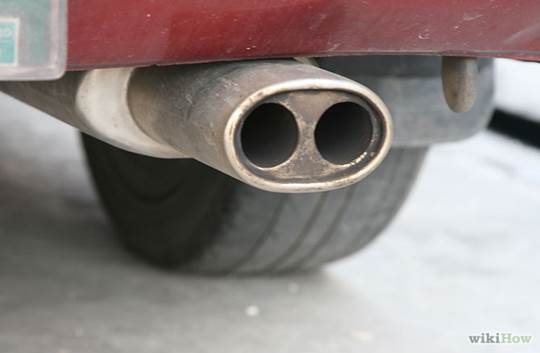
How to Know When a Muffler Is Broken
A muffler is an important component of an engine’s exhaust system. The muffler is found near the back of a vehicle, and its purpose is to reduce the noise produced from the exhaust process. It also directs the exhaust gases safely out the vehicle’s system. Although manufacturers for regular checkups or replacement do not schedule…
-
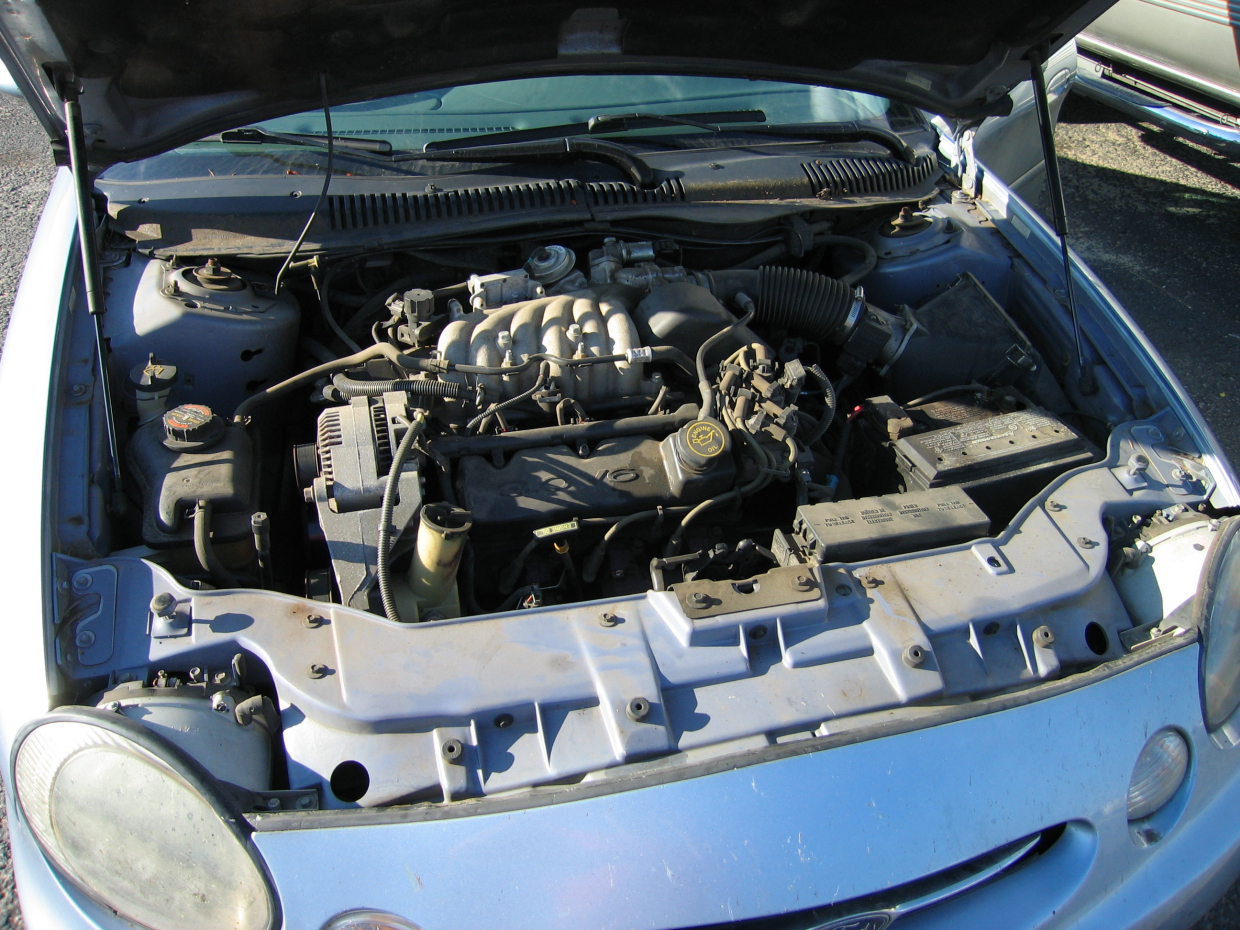
How to Know if There’s a Problem with the Car’s Engine
Engine Problems: Dead Battery Most of us have had the experience when we go out to our car one morning and it just won’t start. Turn the key, and nothing happens. Usually it’s an extremely cold morning. Batteries have a finite lifespan but they’re useful life can be cut short by several factors: bad alternator,…
-
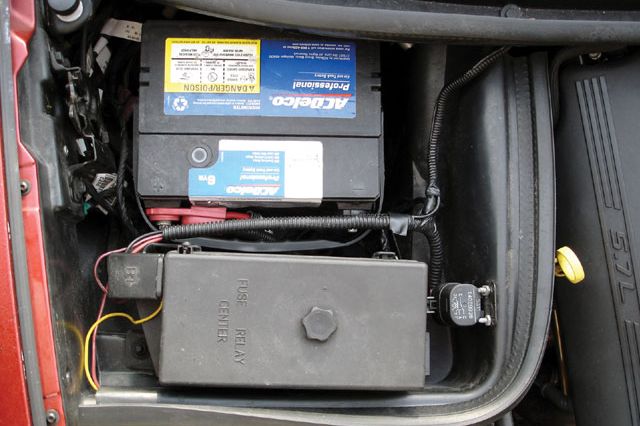
How to Know if a Car Battery Is Dead
Why It’s Difficult to Know if a Car Battery Is Dead It’s all happened to us before: we come out to our car in the morning and it just won’t start. Unless you’re a trained mechanic, it’s hard to know what is causing your car not to start. But here are a few helpful steps…
